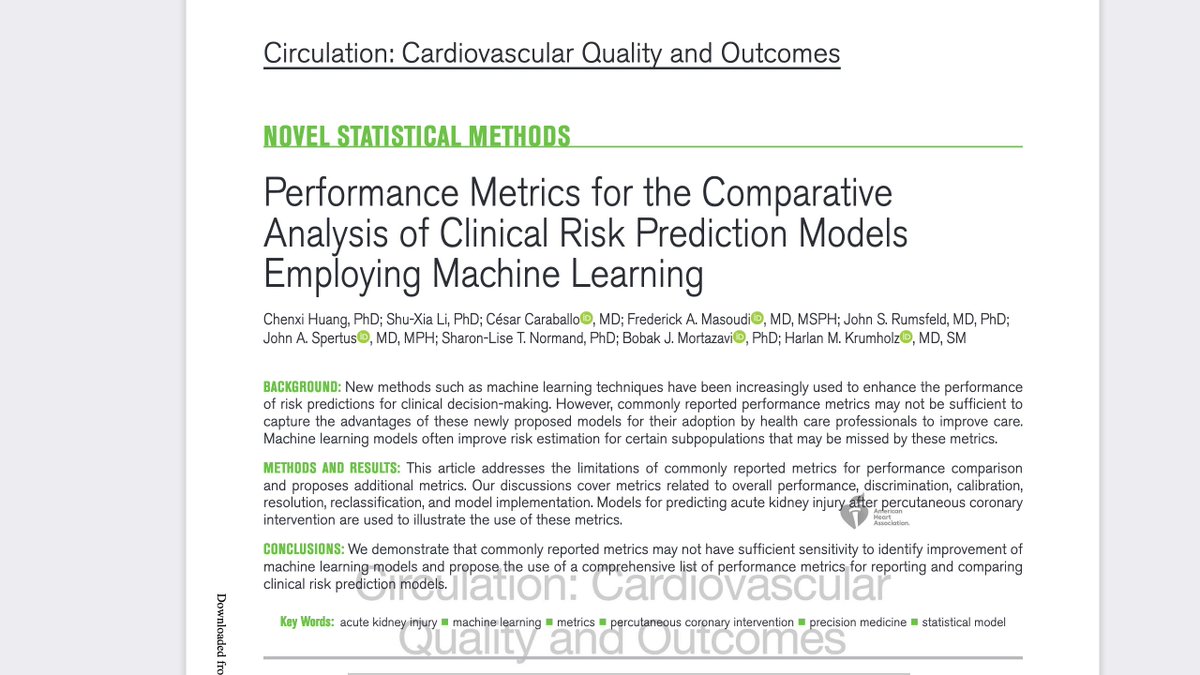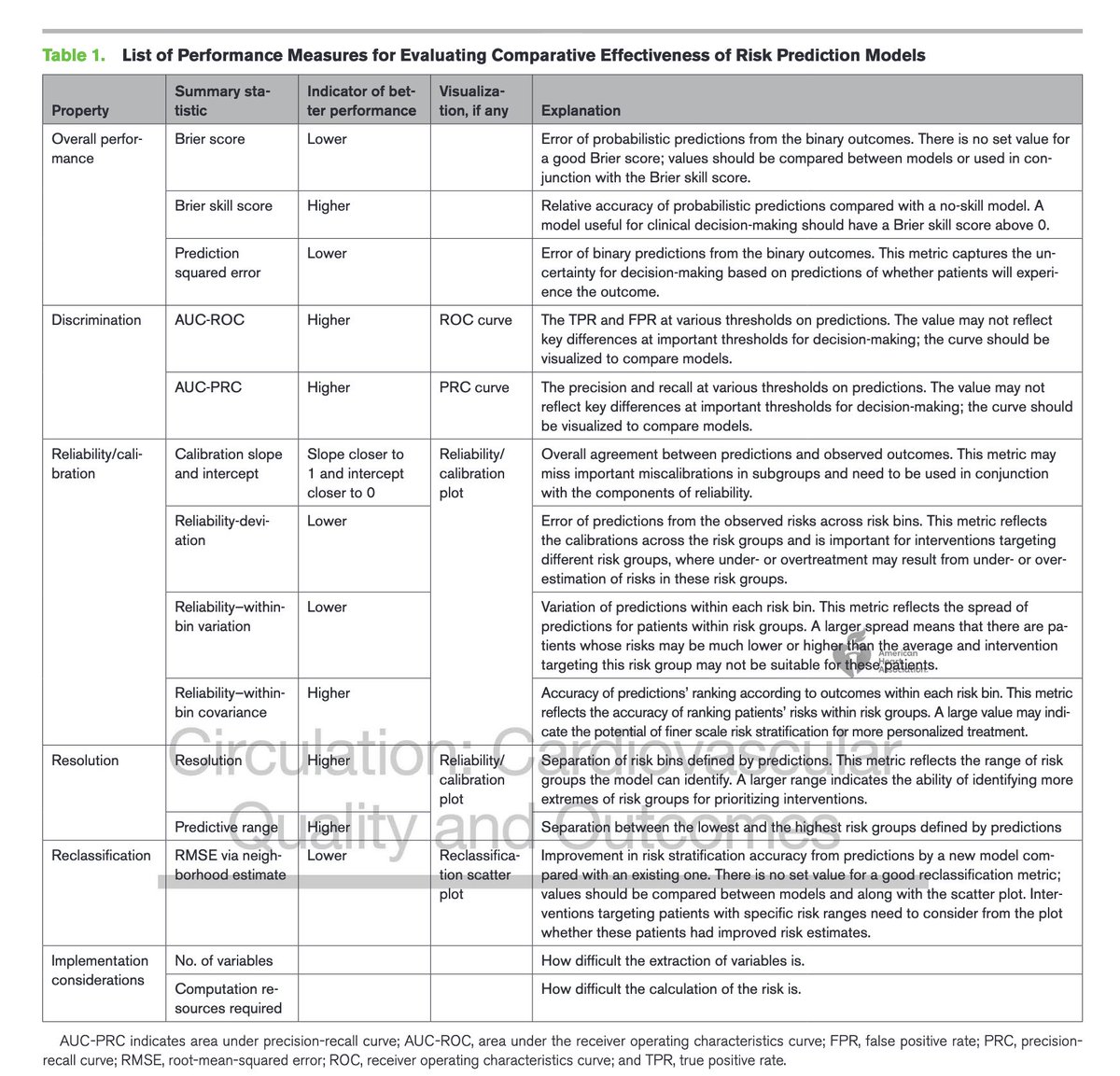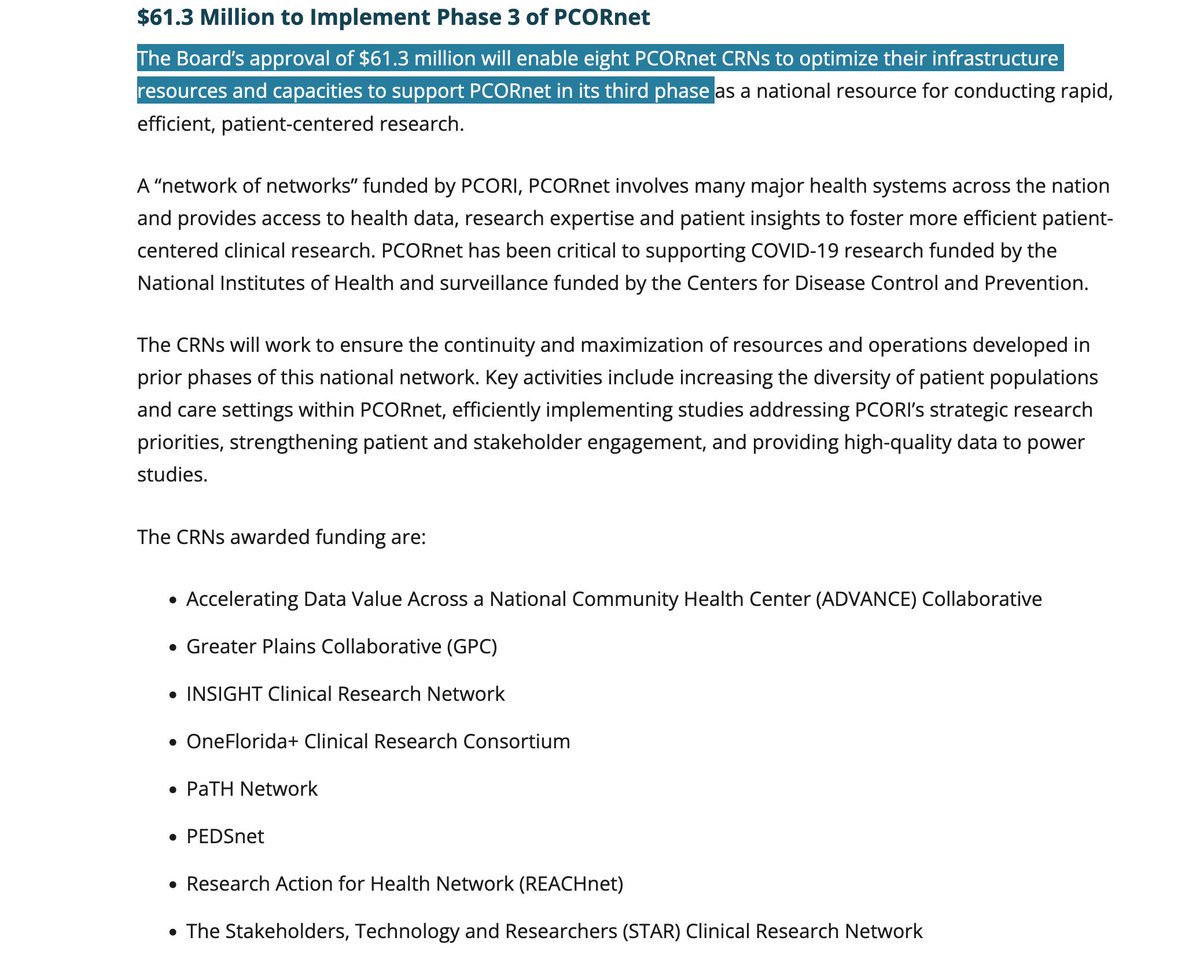
So privileged to work with the brilliant @VirusesImmunity … she said @washingtonpost: “We have a big dream,” Iwasaki said, describing a sweeping goal of understanding the development of long covid and other post-acute-infection syndromes. washingtonpost.com/health/2021/11… @YaleMed 

@VirusesImmunity @washingtonpost @YaleMed The dream is to bring together life science, data science, clinical epidemiology, & digital technologies/software to solve previously intractable conditions that cause much suffering. And to do so in true partnership w/those facing the condition, being worthy of trust every day.
@VirusesImmunity @washingtonpost @YaleMed We will enlist learning community, participating together, sharing wisdom, & being co-producers of research, in traditional & non-traditional ways- setting new standard for quality & speed & utility of the knowledge generated. Researchers working for & on behalf of the community.
@VirusesImmunity @washingtonpost @YaleMed The primary thesis is that the most successful clinical research of the future will be in deep partnership with those affected… and leverage technology to ease information flow, preserve privacy, and accelerate knowledge generation and sharing. There is a new era afoot.
@VirusesImmunity @washingtonpost @YaleMed The alternative methods bypass patients in research, consider them just a source of data, a point of failure (I have heard this) in the work process - people to leverage… rather than a authentic partners whose wisdom and engagement can transform how we generate knowledge.
@VirusesImmunity @washingtonpost @YaleMed The partnership model can overcome the fact that so few people participate in research even though they so need for the research to be done and so hopeful it will produce breakthroughs. The disconnect has been not to treat these people as valued teammates.
@VirusesImmunity @washingtonpost @YaleMed Really nice article by @FrancesSSellers, a terrific @washingtonpost reporter on implications of #longcovid. Encapsulates where we are & where we need to go for these people, & others who may be facing post-infection syndromes. Could there be common thread? washingtonpost.com/health/2021/11…
@VirusesImmunity @washingtonpost @YaleMed @FrancesSSellers I said about #longcovid: "Viewing long covid purely as a psychogenic illness will do little to counter the public health threat the country now faces, Krumholz said, or to address the lingering suffering from other potentially post-infectious conditions."
@VirusesImmunity @washingtonpost @YaleMed @FrancesSSellers And… “To be dismissive when the story is not yet told is shortsighted at best, cruel at worst,” Krumholz said. “We are far too ignorant of the long-term effects of viruses to come to that conclusion.” @washingtonpost washingtonpost.com/health/2021/11… @YaleMed
• • •
Missing some Tweet in this thread? You can try to
force a refresh













